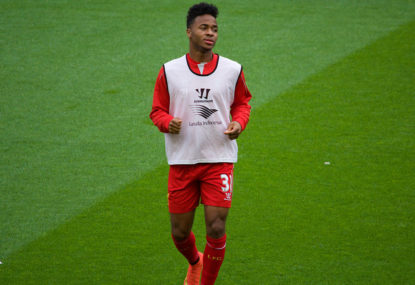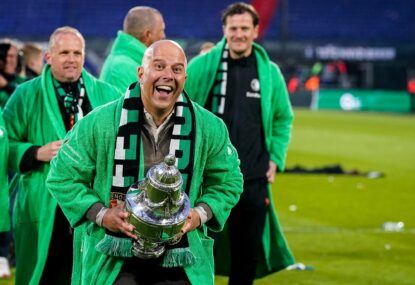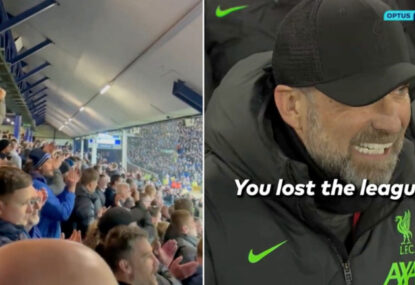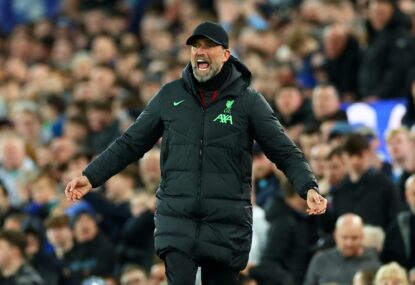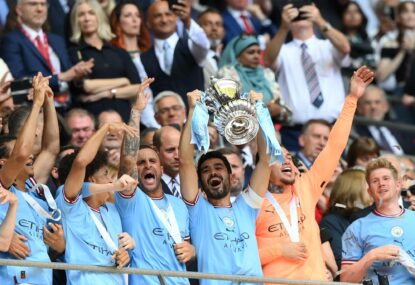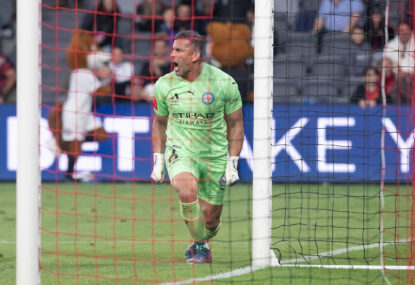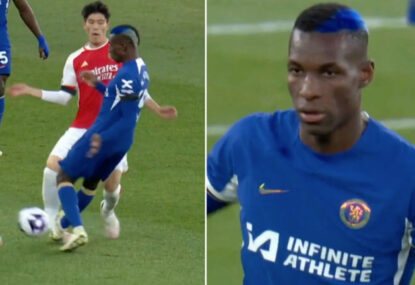Reading up on the Philippe Coutinho saga, I saw an interesting statement on Twitter: “If Liverpool can’t hold on to Coutinho, I like the look of the Huddersfield lad – Aaron Mooy – to replace him.”
My first reaction? I’d hate Mooy if he moved to Liverpool.
This got me thinking, why? It’s not like there’s any reason to say that Mooy is on his way and, more importantly, why I should hate a player who I rated before simply based on his next club?
Football fans’ minds change at the flip of a coin when it comes to players, managers and on clubs.
This is nothing new, and is due to a phenomenon in psychology known as perceptual set. This refers to psychological factors influencing our perception by creating a predisposition to view stimuli or events in a particular way. Think of perceptual sets as a ‘readiness for action’, a readiness to display certain characteristics.
One of these factors is our motivation. We want certain things to happen, therefore we perceive them happening in realtime, despite little evidence to suggest so.
A perfect example of how our motivation impacts our perception can be seen through the Alvaro Morata and Romelu Lukaku debacle early last month.
Any Chelsea fan who preferred Lukaku before Antonio Conte’s men signed Morata would now immediately claim that they got a better deal, simply because they do not want to see Lukaku succeed over their own signing.
The inverse also applies with Lukaku and United fans, who now claim they won the battle of the strikers. This is despite any factual evidence comparing the two players.
[latest_videos_strip category=”football” name=”Football”]
While this may be dismissed as simple banter, it is possible that perceptual sets have an impact on our enjoyment of football.
In the 2015-16 season, following Raheem Sterling’s move to Manchester City, Liverpool fans were unhappy with one of their best players becoming a turncoat, leading them to insist that Sterling moved just for the money.
The criticisms he endured definitely took a toll on Sterling, forcing him to go the press to insist he is not “a money-grabbing 20-year-old”. Liverpool fans had developed the motivation – a perceptual set to see Sterling fail and hence criticise his actions regardless his performances at City.
Another example is Manchester United defender Marouane Fellaini, who is synonymous with the club’s David Moyes era – an era fans wish to forget. As a result, many United fans wish to see Fellaini – like Moyes – gone. For proof of this, simply look at the player’s Facebook page, with comments ranging from “Shame you’re still at Man U” to “Plez cut ur dirty hair” [sic].
Any mistake Fellaini makes, no matter how small, is an excuse to sell him. Again, an example of a perceptual set forming as a result of motivation.
Now, I understand that I am generalising here, and it may just be a vocal minority causing these issues, but players are affected due to certain fans’ behaviour.
A common counter-argument to this is that if players make the money they do, have what appears to be the perfect job, then they should have a thicker skin. I disagree, players are only human and should not have to put up with continual flack. Over time, performance will diminish as they feel they do not have support due to the pressure to perform.
Psychological biases can not only explain our attitudes to certain players but to each other as football fans as well.
This is known as the ‘in-group out-group’ bias, which is simply the tendency to favour one’s group of another. You perceive your group as being right and the other group as being wrong.
This is perhaps the foundation of a rivalry. For example, Spurs supporters would clash with Arsenal supporters, viewing their team as the superior North London side – in most cases, lacking significant reason.
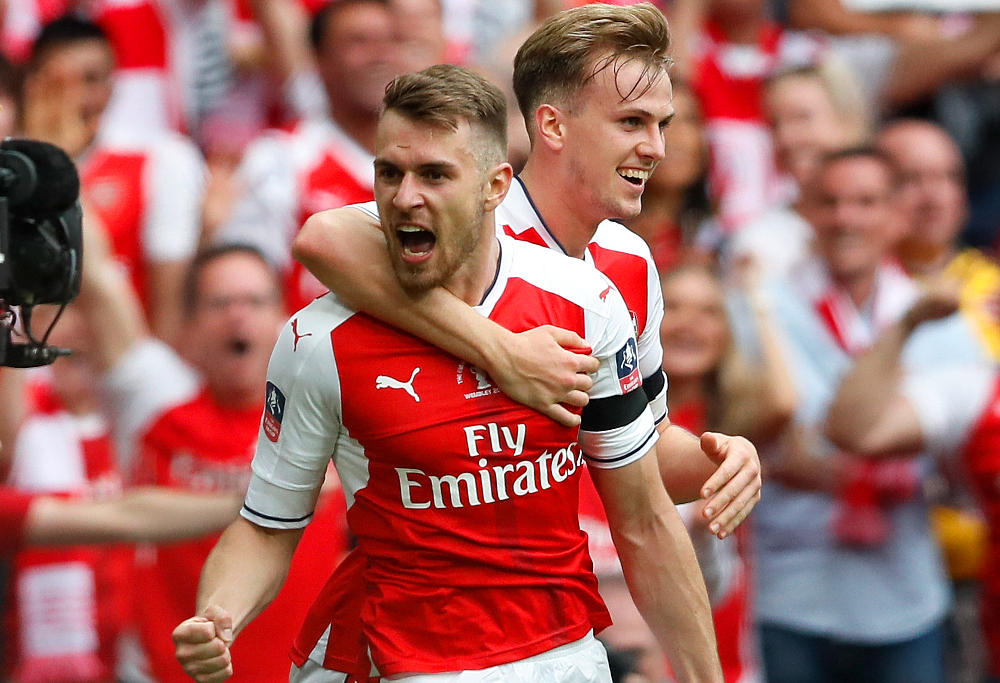
AP Photo/Kirsty Wigglesworth
I have witnessed Arsenal and Spurs fans argue with each other due to something basic, like who would win the title last season, and simply dismiss the opposition’s argument due to the team they support. This is somewhat ironic, given neither side won.
This demonstrates the in-group out-group bias, as it has shown to cloud the fan’s judgement and as a result prevent them from having a logical and thoughtful discussion about the intricate workings of football. It also affects their single uniting aspect; they are both followers of football.
Am I suggesting the life of a neutral is better? Of course not. Am I suggesting we remove rivalries? Again, no, that would be pointless and hypocritical.
I am suggesting we all be open to criticism of our teams, regardless of where it comes from. By doing so, we open ourselves up to a side of information and opinions that we didn’t think was possible before.
As stated previously, there is nothing we can do to stop these biases from forming, but we can learn from them. There is always room for improvement – no team is perfect, after all – and by opening ourselves up to another side or to viewing players without bias, we can truly appreciate the sport.





























































































